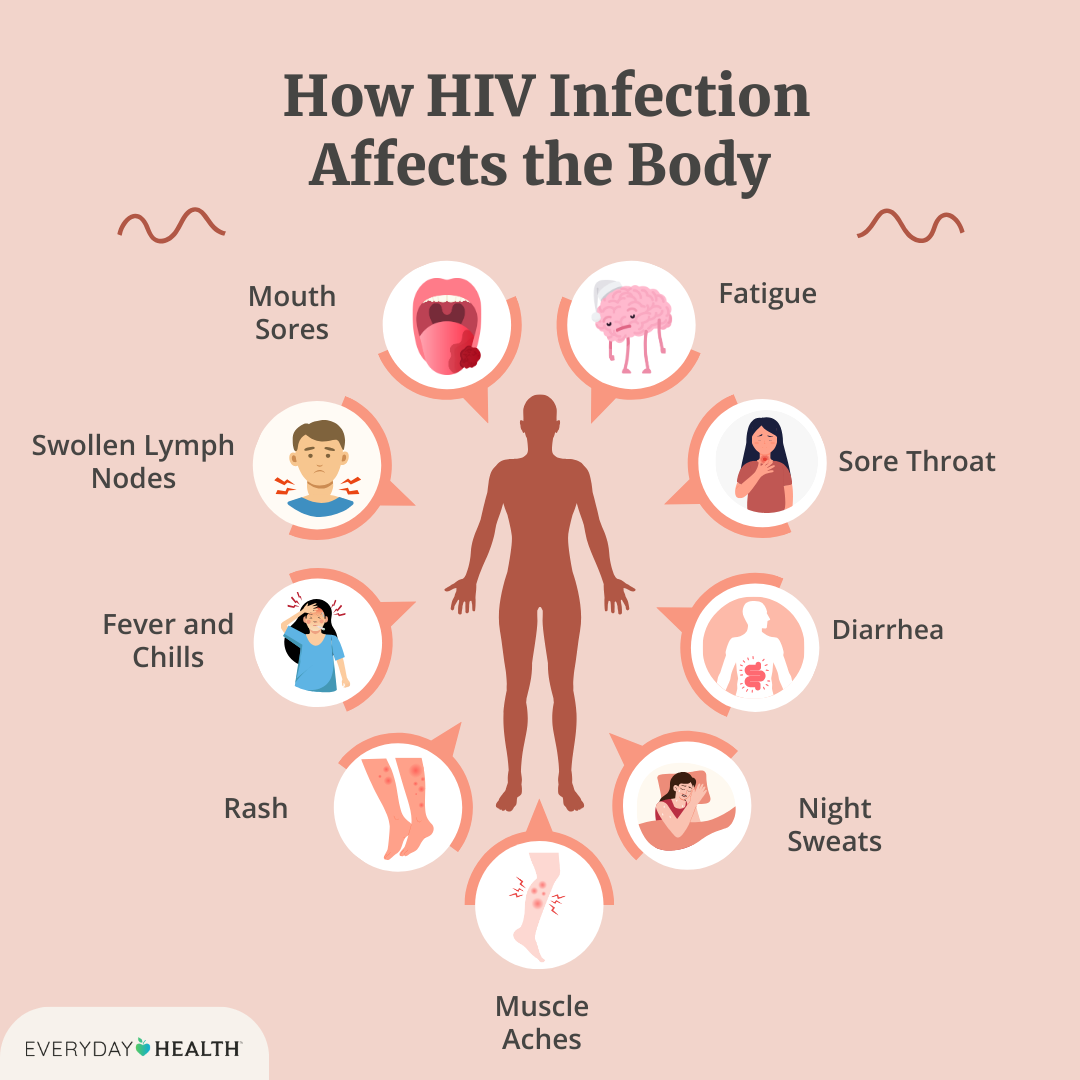A nursing student asks the nurse why more is not known about the teratogenic effects of maternal medication ingestion during pregnancy. Which response by the nurse is correct?
“Clinical trials to assess this risk would put the fetus at risk.”
“The relatively new FDA study will allow testing of medications during pregnancy in the future.”
“Most women are reluctant to admit taking medications while they are pregnant.”
“It is safer to recommend that pregnant women avoid medications while pregnant.”
The Correct Answer is A
Choice A Reason:
Clinical trials to assess the teratogenic effects of medications during pregnancy are ethically challenging because they would involve exposing pregnant women and their fetuses to potential risks. The primary concern is the safety of the fetus, as many drugs can cross the placenta and potentially cause harm. Therefore, most of the data on teratogenic effects come from observational studies, case reports, and animal studies rather than controlled clinical trials.
Choice B Reason:
While the FDA has initiatives to improve the safety of medications during pregnancy, it is not accurate to say that a new study will allow testing of medications during pregnancy in the future. The ethical concerns surrounding the exposure of pregnant women to potential teratogens remain a significant barrier. Current efforts focus on improving post-marketing surveillance and encouraging the reporting of adverse effects to gather more data.
Choice C Reason:
Although some women may be reluctant to admit taking medications during pregnancy, this is not the primary reason for the lack of data on teratogenic effects. The main issue is the ethical and practical challenges of conducting clinical trials in pregnant women. Reluctance to report medication use can contribute to underreporting, but it is not the central factor.
Choice D Reason:
Recommending that pregnant women avoid medications is a general precaution, but it does not address the reason why more is not known about teratogenic effects. The avoidance of medications is advised to minimize potential risks, but the lack of data is primarily due to the ethical constraints of conducting clinical trials in this population.
Nursing Test Bank
Naxlex Comprehensive Predictor Exams
Related Questions
Correct Answer is B
Explanation
Choice A Reason:
Primary prevention involves measures taken to prevent the onset of a disease before it occurs. This includes lifestyle interventions such as a healthy diet, regular physical activity, and vaccinations. Mammograms, however, are not used to prevent breast cancer from occurring but to detect it early.
Choice B Reason:
Secondary prevention aims to detect and address a disease early in its course to prevent progression. Mammograms are a classic example of secondary prevention because they are used to screen for breast cancer in women who do not yet show symptoms2. Early detection through mammograms can lead to earlier treatment, which can significantly improve outcomes and reduce mortality rates.
Choice C Reason:
Disease treatment refers to the direct management of a diagnosed condition. For breast cancer, this could include surgery, chemotherapy, radiation therapy, and other medical interventions. Mammograms are not a treatment but a diagnostic tool used to detect the presence of cancer.
Choice D Reason:
Tertiary prevention focuses on managing and mitigating the complications of an existing disease to prevent further deterioration. For breast cancer, this might involve rehabilitation, ongoing treatment to prevent recurrence, and palliative care. Mammograms are used for early detection, not for managing complications of already diagnosed cancer.
Correct Answer is D
Explanation
Choice A Reason:
The prodromal stage refers to the period during which early symptoms of a disease appear but are not yet specific or severe. This stage is often associated with infectious diseases where initial symptoms like fever, malaise, and fatigue occur before more specific symptoms develop. In the context of HIV, the prodromal stage would not be applicable as it refers to the early symptomatic phase rather than a period without symptoms.
Choice B Reason:
Remission is a term used to describe a period during which the symptoms of a disease are reduced or disappear. This term is commonly used in the context of chronic diseases such as cancer or autoimmune disorders. For HIV, remission would imply a reduction in viral load and symptoms due to effective treatment, but it does not describe the asymptomatic phase following initial exposure.
Choice C Reason:
Exacerbation refers to the worsening or flare-up of symptoms in a chronic disease. This term is often used in conditions like asthma or multiple sclerosis where symptoms can become more severe periodically. In the context of HIV, exacerbation would describe periods where symptoms become more pronounced, not the asymptomatic phase after initial exposure.
Choice D Reason:
The latent stage, also known as the clinical latency stage or asymptomatic HIV infection, is the period after initial HIV exposure when the virus is present in the body but not causing any symptoms. During this stage, HIV continues to replicate at low levels, and the individual may not feel sick or show any signs of the disease. This stage can last for several years, especially with effective antiretroviral therapy.

Whether you are a student looking to ace your exams or a practicing nurse seeking to enhance your expertise , our nursing education contents will empower you with the confidence and competence to make a difference in the lives of patients and become a respected leader in the healthcare field.
Visit Naxlex, invest in your future and unlock endless possibilities with our unparalleled nursing education contents today
Report Wrong Answer on the Current Question
Do you disagree with the answer? If yes, what is your expected answer? Explain.
Kindly be descriptive with the issue you are facing.
